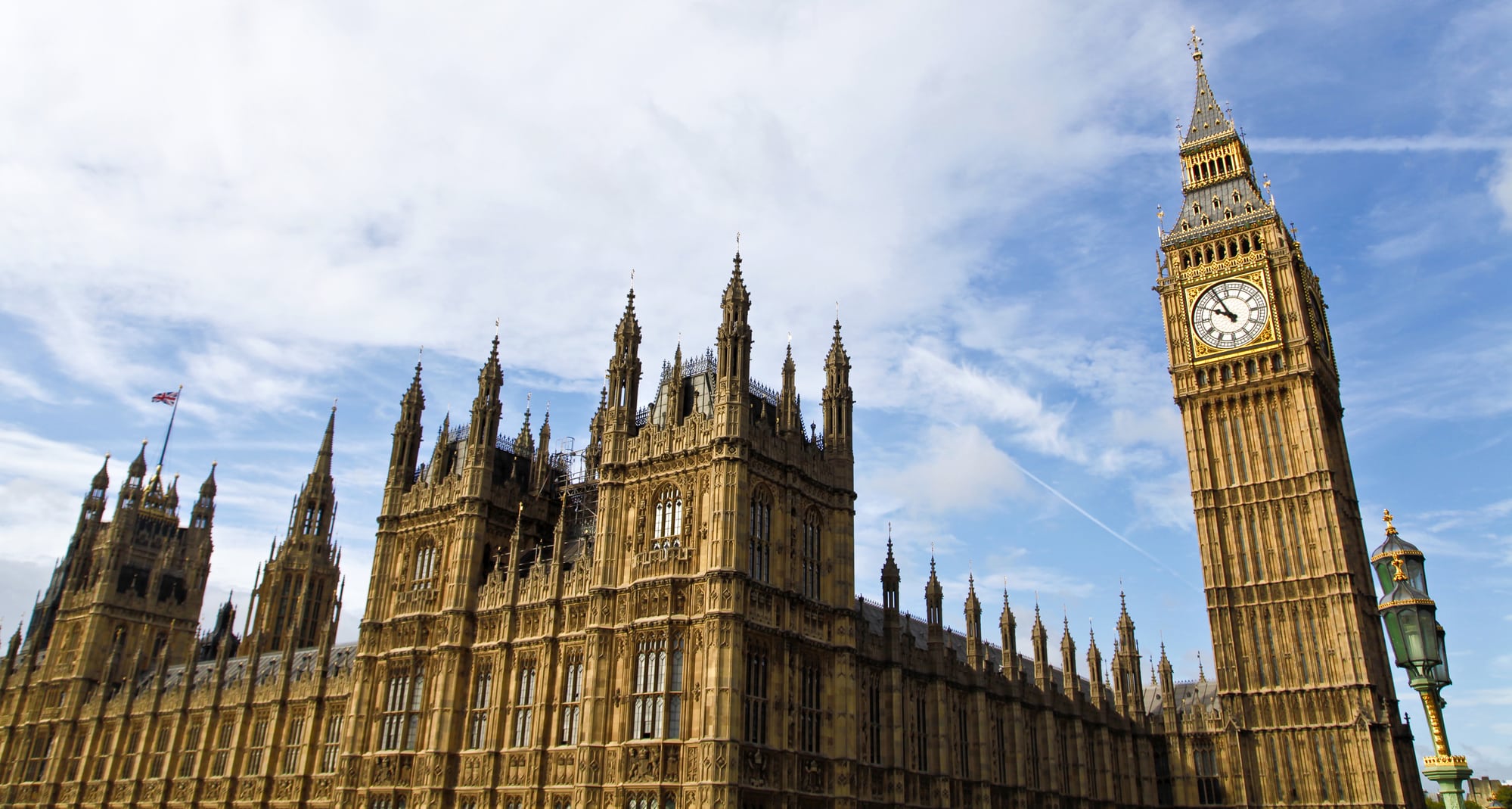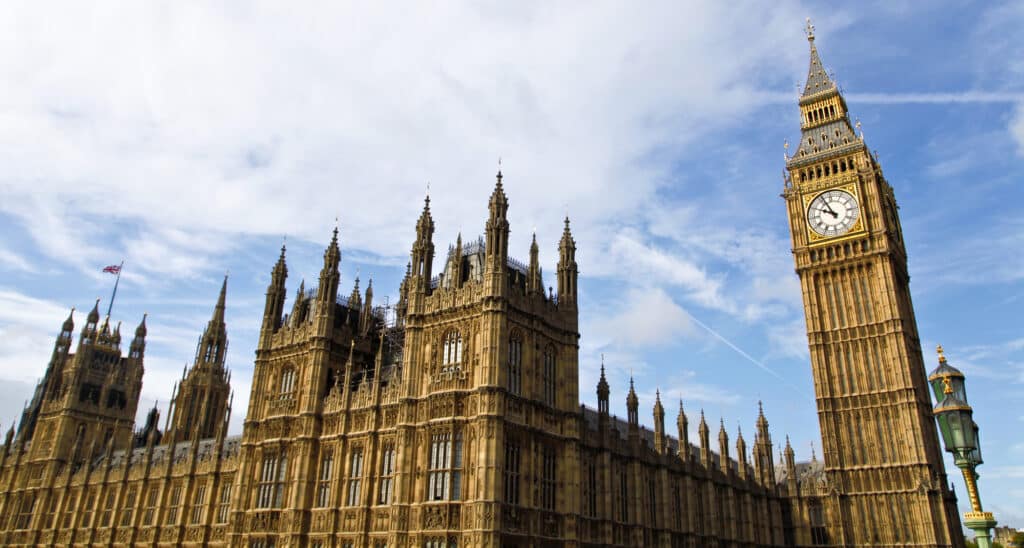How will the anti-corruption prosecution landscape develop in 2019?
Business Ethics Debates | read time: 4 min
Published: 26 February 2019

Christine Braampskamp, partner at Jenner & Block opened our debate on the evolving anti-corruption prosecution landscape with an assessment of the current position of the Serious Fraud Office (SFO).
The SFO has around 60 live cases under investigation and before the courts at any given time. With Lisa Osofsky at the helm, several themes are emerging: –
- The SFO will strive to move faster using the latest systems and tools to facilitate the swifter resolution of cases. Osofsky’s FBI background is felt to be indicative of a desire to utilise all that can be made available to facilitate prosecution.
- Artificial Intelligence systems such as OpenText eDiscovery, used in the Rolls-Royce and Tesco cases, will be utilised more to help investigators. This will allow the SFO to focus on building cases which should lead to more prosecutions. Companies are urged to understand how such systems work and what they can ascertain.
- Cooperation will increase. A weekly call takes place between the SFO and the Department of Justice (DoJ). There is also regular dialogue with other authorities. Information is shared, so organisations need to be aware that if they report, they are not just reporting to one authority.
- There is a strong desire to prosecute. The SFO will use the evidence it has to build cases it can win. Money laundering, for example, can be proved quite easily, in which case prosecution for that offence will be sought rather than waiting to build a more complex bribery case it may find harder to prove.
- DPAs will be used similarly to reach a successful outcome. However, these will not be granted to recidivists who cannot evidence any change in behaviour from corrupt activities that took place in the past. Nor will they be granted to those that fail to cooperate.
The bar for criminal corporate liability is high and some question whether it is right that the SFO can use DPAs as a way round tough law that would make a prosecution harder.
Moving to the debate itself, participants were asked how confident they felt that they had adequate procedures in place?
The following factors can make it hard for legal and compliance teams to feel confident that their procedures are adequate: –
- Rapid growth and/or business mergers expose companies to new risks making it harder to know whether or not the organisation may be on the prosecutors’ radar. In such cases, adequate procedures need to be kept under review and risk assessments repeated to have any degree of confidence.
- Organisations comprising multiple, autonomously run businesses present difficulties for those trying to embed an effective and consistent compliance programme throughout the different entities.
- Similarly, those with diverse businesses are exposed to multiple and varied corruption risks, presenting implementation challenges to compliance teams.
- Moving into high-risk locations can put the adequacy of procedures at risk.
- A lack of commitment at parent company or senior management level can have a negative impact on the ability of teams to embed robust adequate procedures.
- A lack of resources and the need to keep processes constantly under review, make it hard to ever feel really confident.
- The lack of test cases to date leads some to lack confidence in the adequacy of procedures.
Those expressing confidence in their systems and processes, did so for the following reasons: –
- Systems kept constantly under review and benchmarked against others to see where they stand and what could be improved.
- A zero-tolerance approach from the CEO makes it clear what behaviours are expected.
- Thorough ABC risk assessments are undertaken and used to put robust systems in place.
- A genuine company commitment to investing in the resources needed to implement a consistent approach to bribery prevention even in high-risk areas.
- Legal and compliance teams able to make a judgement call that what they have in place is proportionate and reasonable for the corruption risks the organisation faces.
- Compliance with the Foreign Corrupt Practices Act provides a good degree of confidence as the DoJ is an aggressive prosecutor and the legislation is tough.
- The SFO will be worried about the major issues, so as long as they have been addressed, it is possible to have confidence.
Some of this confidence seemed to be related to the SFO and its capacity; the case load itself leads some to conclude that the organisation is looking backwards to clear workload rather than forwards to see who should be coming onto the radar. Some also queried whether the SFO really has the expertise to assess adequacy properly? Under the new regime however, this looks likely change and a shift in the prosecution landscape for those under the SFO will be evident in a 3-4 years.
The question of self-reporting was raised and more organisations than at previous debates suggesting that they would consider self-reporting.
A number of reasons for reporting were given: –
- Reporting may be in the company’s best interests and not doing so could be a greater risk
- Why wouldn’t you if you discover something?
- Where there could be an impact on tax expectations and structures reporting would be part of the organisation’s transparency commitment.
The principle reason for not self-reporting seemed to be that there is no legal obligation to do so and the treatment by the SFO is uncertain and prolonged.
There seemed to be a hierarchy of regulators with the DoJ perceived to be the most feared, but with the SFO ranked more threatening than the agence français anticorruption (AFA). A greater understanding and more dialogue between regulators and businesses would be desirable. The DoJ sits down with large firms in open forums to discuss guidance and this is perceived to be helpful.
The GoodCorporation View
It seems clear that the prosecutorial landscape will only get tougher. Assessing risk carefully and making judgements around adequate procedures will remain of prime importance for businesses and their advisers. From our work, we know that many companies are establishing effective systems and processes. Even in the more challenging sectors and locations, this can be achieved, but it is hard. We have conducted over 100 assessments of anti-corruption practices and systems, often working with companies facing prosecution, alongside the monitor, to help assess and measure the effectiveness of their procedures. We offer a range of services that can help companies to design, build and embed their anti-corruption programme. We have particular expertise in helping companies to benchmark their procedures and presenting data to the SFO to help companies evidence that ‘adequate procedures’ are in place and/or that improvements are being made.
work with us
